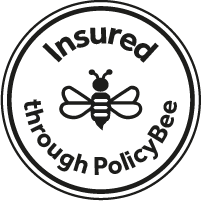FIVE FREEDOMS

The Five Freedoms were first proposed in Britain in the 1960's. The Farm Animal Welfare Council, established by the British government in the late 1970's to advise it on legislative and other changes for farm animals, subsequently affirmed them.
The Council was conservatively made up of individuals with connections to agriculture: farmers, animal farming company directors, veterinary surgeons and academics specialising in agriculture.
The RSPCA believes that anyone looking after animals should give them the five freedoms.
The Five Freedoms are:
- Freedom from Hunger and Thirst
- by ready access to fresh water and a diet to maintain full health and vigour
- Freedom from Discomfort
- by providing an appropriate environment including shelter and a comfortable resting area
- Freedom from Pain, Injury or Disease
- by prevention or rapid diagnosis and treatment
- Freedom to Express Normal Behaviour
- by providing sufficient space, proper facilities and company of the animal's own kind
- Freedom from Fear and Distress
- by ensuring conditions and treatment which avoid mental suffering
The freedoms should be considered aspirational, as they cannot always be achieved and maintained at all times. For example, an animal may need to feel hungry before it will eat, however, animal keepers should strive to provide their animals with the freedoms as far as possible.







